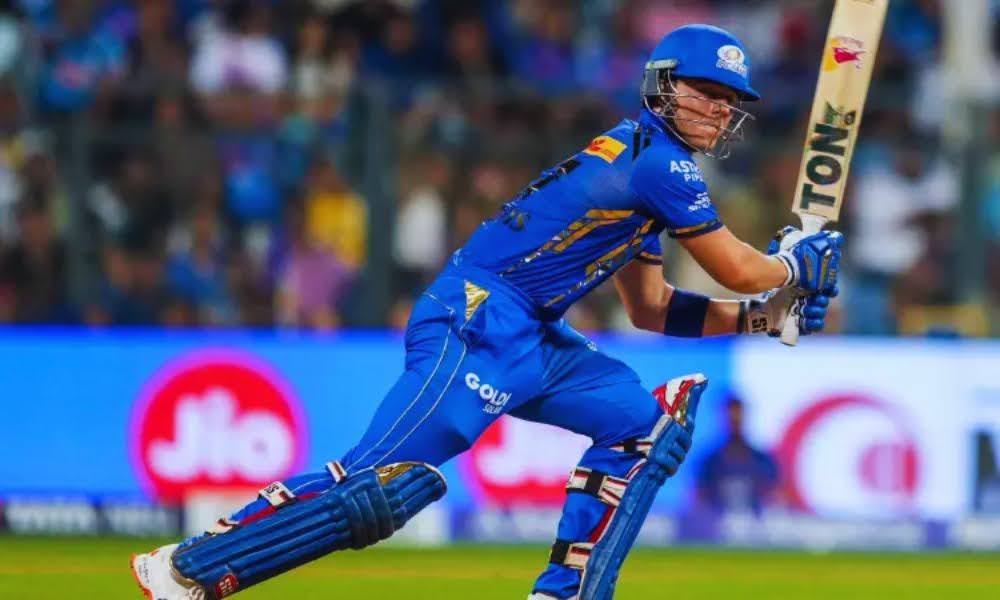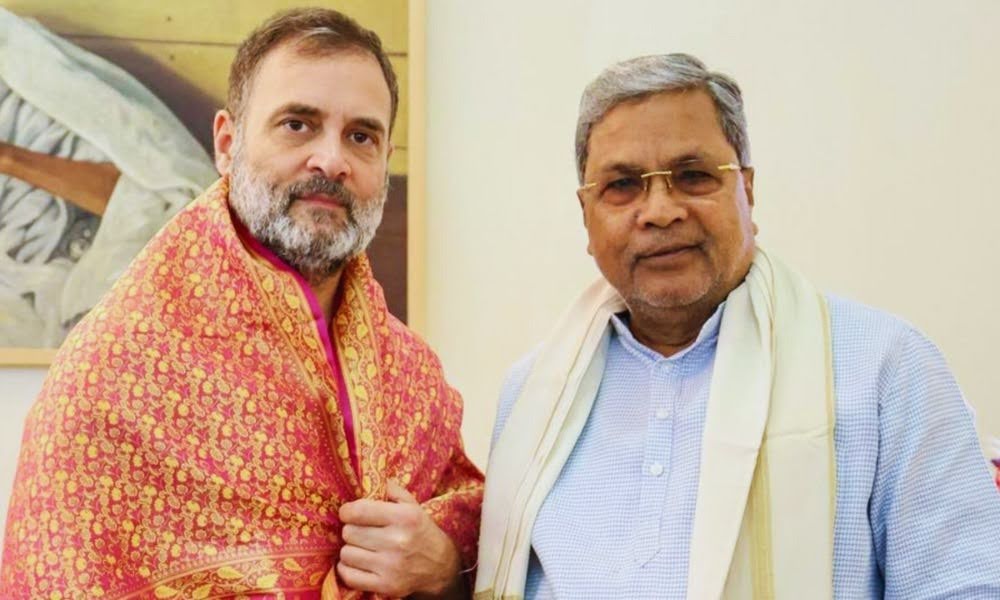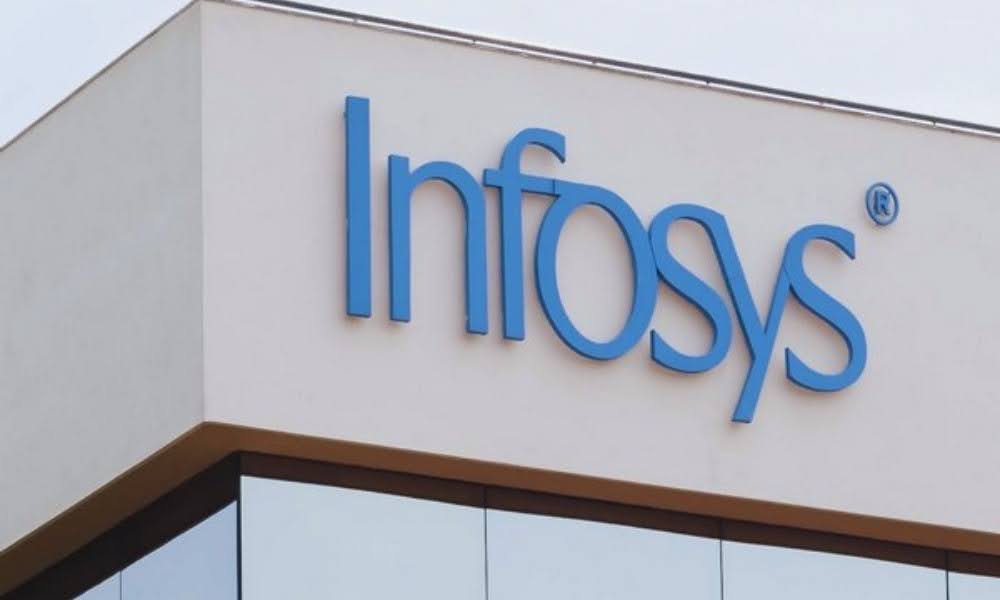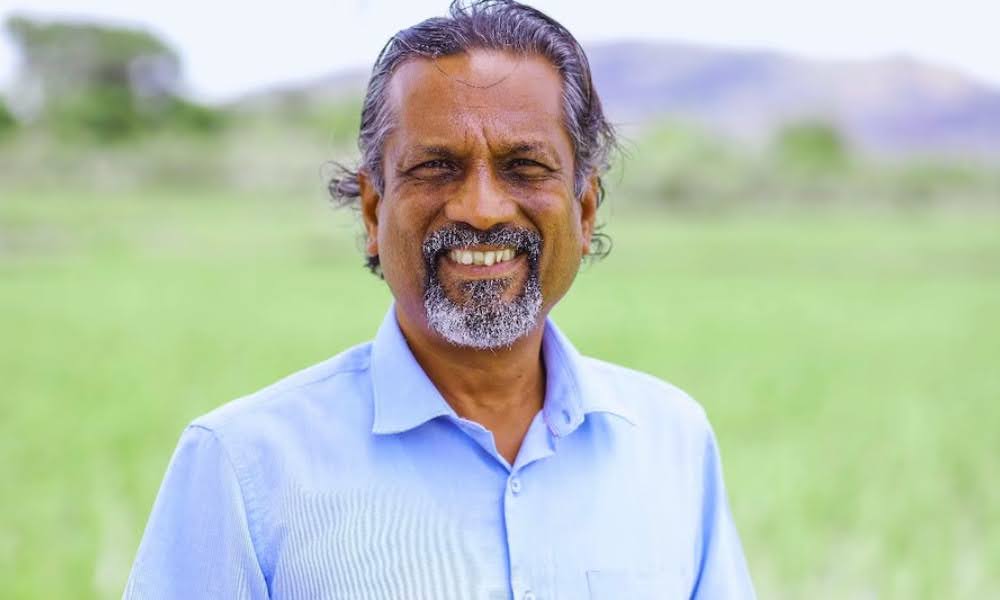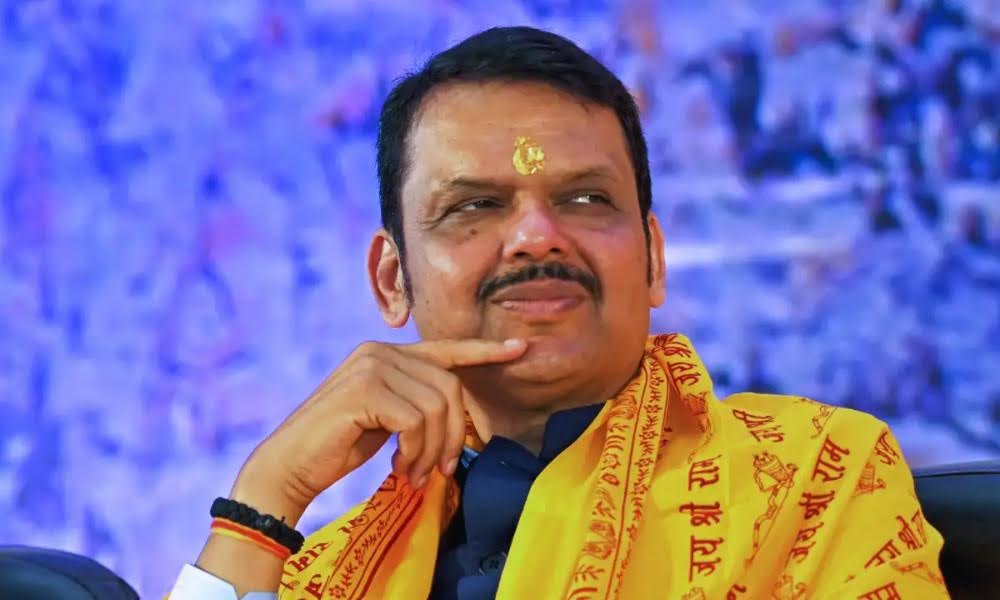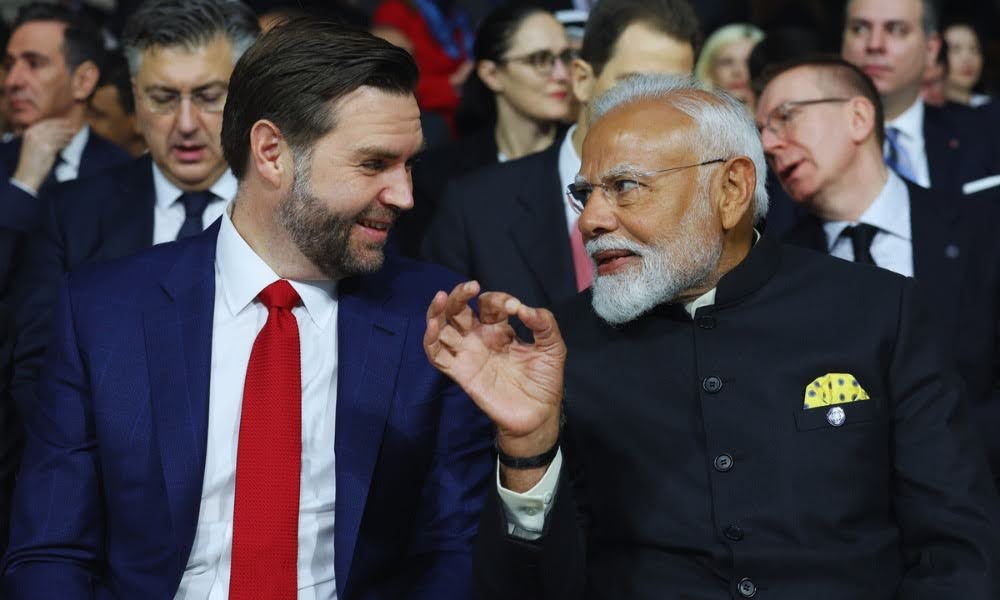PM Modi Calls Union Budget 2025-26 a ‘Budget of GYAN’ Focused on Farmers, Youth, Women, and the Poor
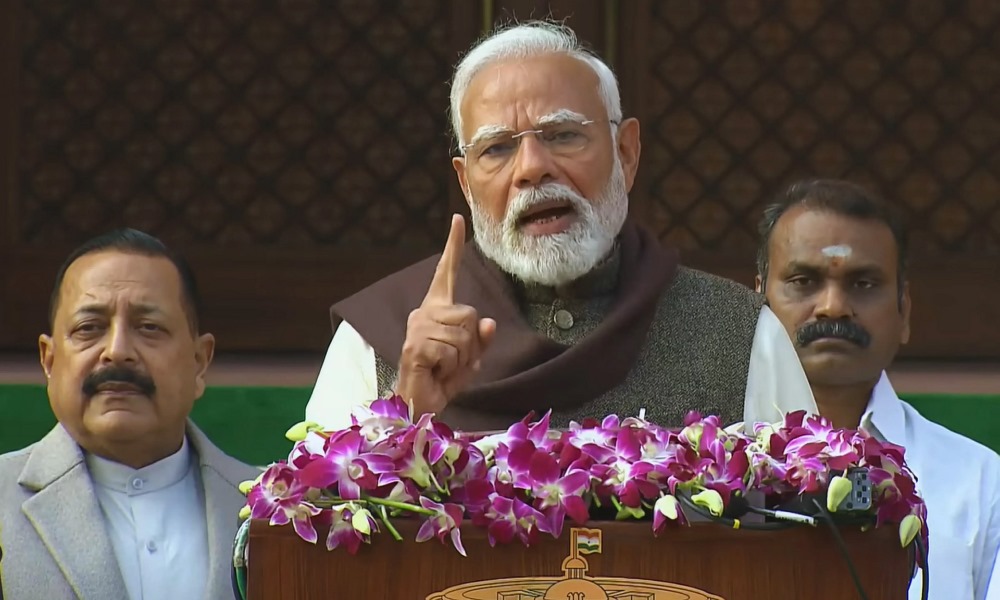
Prime Minister Narendra Modi today emphasized that the Union Budget for 2025-2026 is aimed at benefiting the “common man,” with a particular focus on empowering farmers, women, and the youth of India.
Speaking at a Cabinet meeting before the budget presentation by Union Finance Minister Nirmala Sitharaman, the Prime Minister outlined the government’s commitment to inclusive development and boosting the economy.
Focus on Key Segments of Society
During his address, Prime Minister Modi said the Budget would prioritize the welfare of “GYAN”—an acronym for Garib (poor), Yuva (youth), Annadata (farmers), and Rani (women).
He stressed that the Budget would foster an inclusive approach, ensuring the upliftment of these key segments of society.
Echoing Modi’s sentiment, Finance Minister Sitharaman reinforced that the primary focus would be on strengthening the economic position of the poor, farmers, women, and youth.
She also highlighted the significance of catering to India’s “rising middle class” by boosting their spending power.
“We embark on a journey to unlock our country’s immense potential. Our economy is the fastest-growing among all major economies, and confidence in India’s future is only growing,” Sitharaman stated during her Budget presentation.
Sitharaman’s Eighth Budget, First Under Modi 3.0 Government
This marks Sitharaman’s eighth presentation of the Union Budget, and it is the first for the Modi 3.0 government.
The Finance Minister shared a vision for a “Viksit Bharat” (Developed India), where the nation would achieve zero poverty, universal access to high-quality education, and affordable, comprehensive healthcare for all citizens.
Key areas of focus for the 2025-2026 Budget include accelerating economic growth, ensuring inclusive development, and invigorating private sector investment.
Sitharaman also emphasized the importance of enhancing household spending power and catering to the needs of the rising middle class.
Aiming to Address Middle-Class Expectations
With increasing household budgets under pressure due to rising costs and stagnating incomes, India’s middle class has been eagerly awaiting measures such as income tax cuts.
The slowdown in income growth and the squeeze on household budgets has made it difficult for many citizens, especially those in the lower economic strata, to make ends meet.
In July 2024, the government raised the standard deduction, but left income tax slabs unchanged.
Despite the government’s significant investment in infrastructure and efforts to lower corporate taxes in the past, the hoped-for “trickle-down” effect has not yet materialized for those at the bottom of the economic pyramid.
As a result, the country’s consumer spending remains subdued, which has limited overall economic growth to 5.4% in the second quarter of 2024.
Economic Survey’s Call for Reforms
Ahead of the Budget, the Economic Survey 2025 called for deregulation to stimulate investment while encouraging corporations to adopt “enlightened self-interest” by improving employee compensation and working conditions.
Chief Economic Advisor V Anantha Nageswaran emphasized that such reforms could enhance consumption—critical to boosting India’s GDP, where consumption accounts for over 60%.
Prime Minister Modi’s Cabinet Meeting and Approval
During the Cabinet meeting, Prime Minister Modi met with Finance Minister Nirmala Sitharaman and Minister of State for Finance Pankaj Choudhary to review the Union Budget.
The Cabinet ultimately approved the Budget, which was presented in the Lok Sabha today.
Before the meeting, Finance Minister Sitharaman paid a visit to President Droupadi Murmu at Rashtrapati Bhavan, where she performed a traditional ritual of offering “dahi-cheeni” (curd and sugar).
The Rashtrapati Bhavan shared this moment on social media, wishing Sitharaman and her team success in their Budget presentation.
Sitharaman’s Presentation and Traditional Attire
Sitharaman, known for her unique style, presented the Budget for the eighth consecutive time.
For this occasion, she chose an off-white handloom silk saree adorned with fish-themed Madhubani embroidery and a golden border.
As part of her paperless approach, Sitharaman carried a tablet inside a red bahi-khata (traditional ledger) with a golden national emblem.
A Budget for Growth and Inclusivity
The Union Budget for 2025-2026, as articulated by Prime Minister Modi and Finance Minister Sitharaman, underscores a focus on inclusive growth and enhancing the financial security of key social groups, including farmers, women, youth, and the middle class.
As the government moves forward with its vision of Viksit Bharat, the Budget aims to boost consumption, stimulate private investment, and tackle rising inequality by prioritizing economic development across all sections of society.



